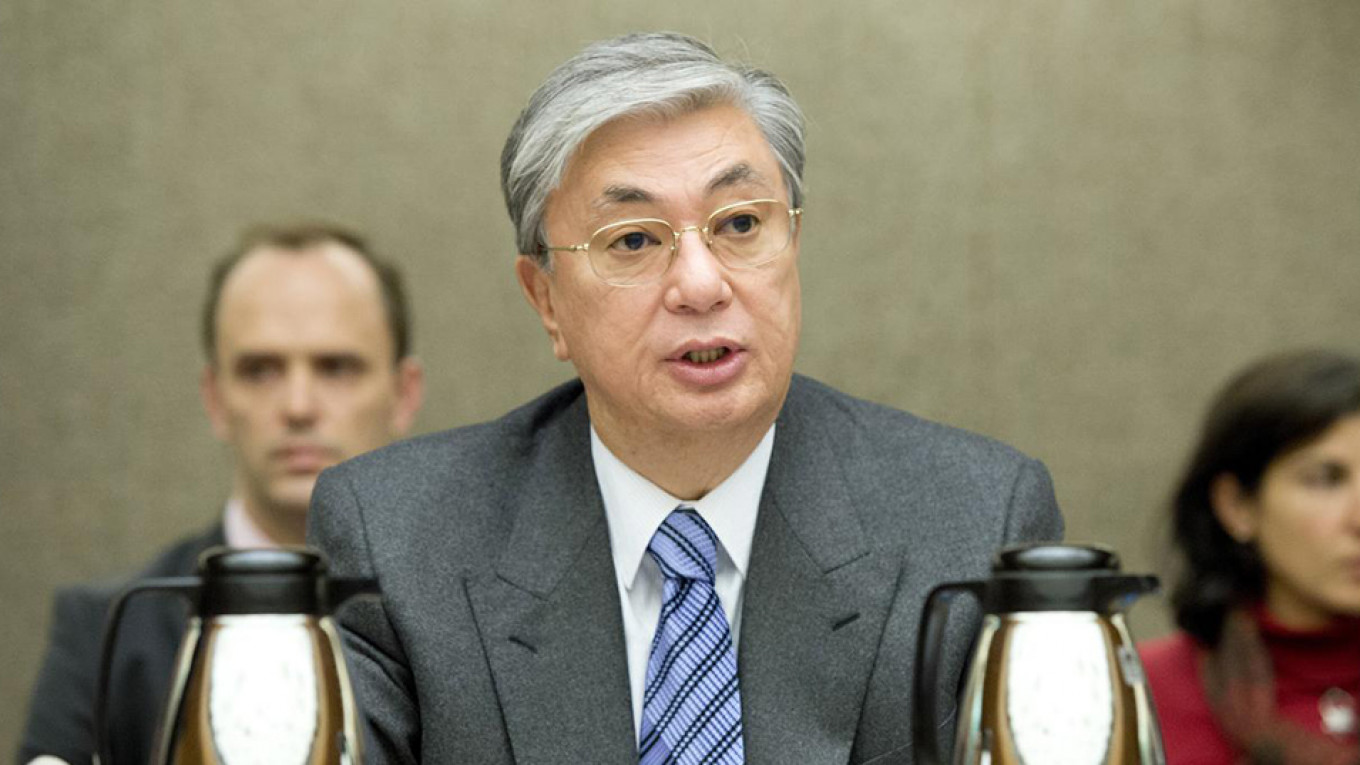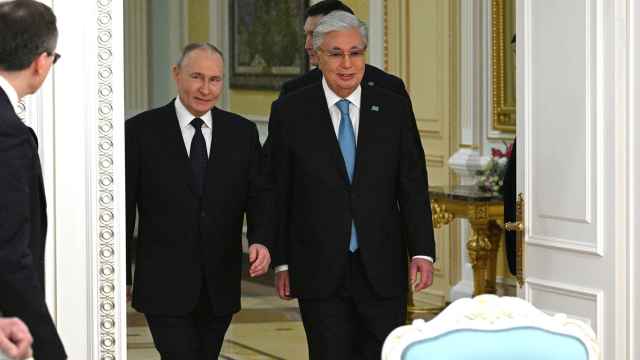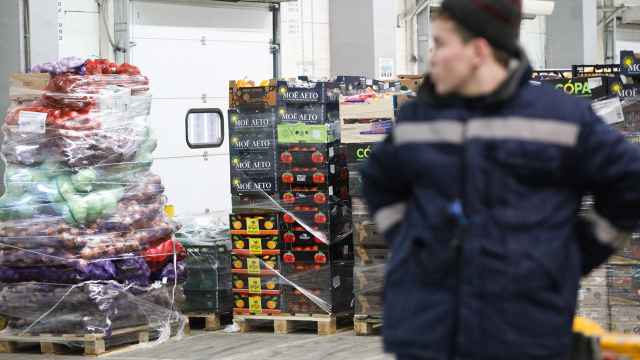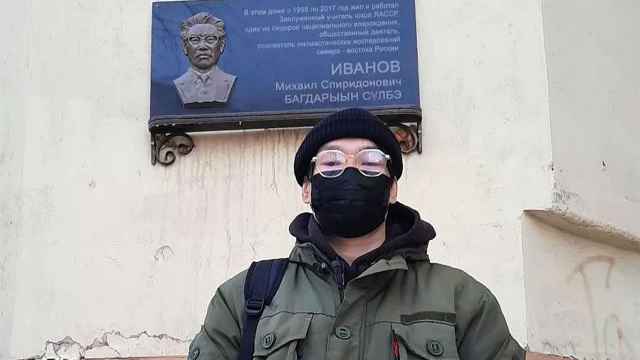Kazakh President Kassym-Jomart Tokayev said he’ll write off bad loans held by as much as a sixth of the central Asian country’s population, while signaling a sharp change in policy to end costly state bailouts of private banks.
The loan-forgiveness program is Tokayev’s first major policy announcement since he was elected president on June 9 in a choreographed transfer of power that began when longtime leader Nursultan Nazarbayev stepped down as head of state in March. His victory was met with rare and widespread protests.
Bank bailouts are also a sensitive issue in Kazakhstan, which has been mired in a decade-long crisis leading the government to pump at least $18 billion into lenders to keep the sector from collapsing under the weight of bad debts. The central bank is conducting a review of asset quality, prompting speculation that a new round of bailouts may be in the works.
“My attitude is that there should be no governmental bailouts" for lenders, Tokayev, 66, said in an interview in the capital, Nur-Sultan. “My assessment of this issue as a president is that the government should not get involved any more, any longer, with its loans as far as private banks are concerned.”
While the debt-relief initiative may help lenders, the total cost is likely to come in at “a bit less than $1 billion,” according to Tokayev. More than 3 million Kazakhs in the energy-rich country of 18 million will get help to escape debts, he said. It is aimed at “people who find themselves in very difficult living circumstances,” he said.
In a decree published Wednesday, the presidential administration estimated that about 500,000 people can’t manage their debt. In 86 percent of the cases, the loans are for less than 1 million tenge ($2,650), while the average is about 300,000 tenge.
The program is one of Tokayev’s first major initiatives in office. In March, leader-for-life Nazarbayev, 78, handed the presidency to Tokayev, who called the early election this month “to remove any uncertainty.” About 4,000 people were detained by police during a rare outburst of protests against what activists said was a lack of real choice and international observers criticized conduct during the vote, which Tokayev won easily with 71 percent support.
The new president’s debt forgiveness program is similar to a controversial policy unveiled by Georgia’s ruling party, which announced the write-off of loans for 600,000 people days before a hotly-contested presidential election won by its candidate in November. “We are not following the example of Georgia, this is a different case” focused on the poorest citizens, Tokayev said.
Nazarbayev berated ministers as “cowards” in January for failing to clean up the banking system, shortly before he dismissed the government and replaced the central bank governor. Yet the biggest bank rescues have involved people close to the former president’s inner circle.
While Tokayev denied that political connections played a role in past bailouts, “the lesson has been accepted by us,” he said. “We will take lessons from the past, from what has happened in the banking system, and I think that in a couple of years you’ll have absolutely new questions.”
A Message from The Moscow Times:
Dear readers,
We are facing unprecedented challenges. Russia's Prosecutor General's Office has designated The Moscow Times as an "undesirable" organization, criminalizing our work and putting our staff at risk of prosecution. This follows our earlier unjust labeling as a "foreign agent."
These actions are direct attempts to silence independent journalism in Russia. The authorities claim our work "discredits the decisions of the Russian leadership." We see things differently: we strive to provide accurate, unbiased reporting on Russia.
We, the journalists of The Moscow Times, refuse to be silenced. But to continue our work, we need your help.
Your support, no matter how small, makes a world of difference. If you can, please support us monthly starting from just $2. It's quick to set up, and every contribution makes a significant impact.
By supporting The Moscow Times, you're defending open, independent journalism in the face of repression. Thank you for standing with us.
Remind me later.






